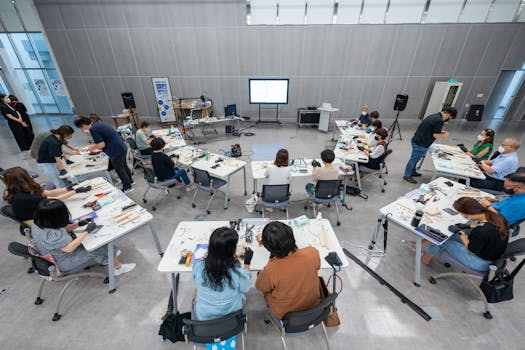Indigenous Knowledge Integration: Decolonizing Curricula
Welcome to the era of decolonization in education. For too long, Western knowledge and methods have dominated curricula, leaving little room for the rich and diverse perspectives of Indigenous peoples. As we move towards greater inclusivity and diversity in education, it is imperative that we recognize the importance of Indigenous knowledge integration. By incorporating Indigenous knowledge into curricula, we can decolonize our educational systems and pave the way for a truly inclusive and holistic learning experience.
The Importance of Decolonizing Curricula
The legacy of colonization has had a profound impact on education systems around the world. For centuries, Indigenous knowledge and ways of knowing have been suppressed and devalued, replaced by Western ideologies and practices. As a result, the education offered in most schools today is heavily rooted in Eurocentric perspectives and fails to acknowledge the diverse knowledge systems of Indigenous peoples.
Decolonizing curricula is crucial in creating a more inclusive and equitable education system. It allows for the recognition and celebration of diverse cultural and historical perspectives, which promotes a deeper understanding and appreciation of different ways of knowing. This is especially important for Indigenous students, who have long been denied the opportunity to learn about their own cultural heritage and traditions in the education system.
The Role of Indigenous Knowledge Integration
At the heart of decolonizing curricula is the integration of Indigenous knowledge. This involves incorporating traditional knowledge, practices, and perspectives into the education system, while also recognizing and respecting the unique cultural and spiritual beliefs of Indigenous peoples.
Indigenous knowledge is often passed down through oral traditions and experiences, and is deeply connected to the land and its resources. This holistic way of knowing encompasses not only intellectual knowledge, but also emotional, physical, and spiritual knowledge. As such, it offers a more well-rounded and integrated understanding of the world.
Benefits of Indigenous Knowledge Integration
There are numerous benefits to integrating Indigenous knowledge into curricula. First and foremost, it allows for a more accurate and complete representation of history and culture. By acknowledging and valuing the contributions of Indigenous peoples, we can break down the dominant narrative that has long been centered on Western perspectives.
An inclusive education also benefits non-Indigenous students, who are able to learn from and with their Indigenous peers. This creates a more diverse and multicultural learning environment, fostering understanding, empathy, and respect for differences.
Furthermore, the integration of Indigenous knowledge can lead to more sustainable and environmentally-conscious practices. Indigenous peoples have a deep understanding of the land and its resources, and their traditional knowledge can offer valuable insights into sustainable living practices.
Incorporating Indigenous Knowledge in the Classroom
Integrating Indigenous knowledge into curricula requires a collaborative and community-based approach. This means actively involving Indigenous communities in the development and delivery of education, and valuing their contributions and perspectives. This also involves using resources created by Indigenous authors and educators and incorporating traditional knowledge and practices in lesson plans.
It is important to note that Indigenous knowledge integration is not a one-way process. It requires mutual respect, understanding, and reciprocity between Indigenous and non-Indigenous communities. It also requires a commitment to ongoing learning and unlearning to challenge and dismantle colonial perspectives in education.
Indigenous Knowledge Integration in Action
The integration of Indigenous knowledge has already shown promising results in various educational institutions. For example, the University of Victoria in British Columbia, Canada, has a strong commitment to Indigenous knowledge and practices, including offering an Indigenous Studies program and incorporating Indigenous perspectives into courses in various disciplines.
In New Zealand, the Ministry of Education has mandated the incorporation of Māori perspectives in all subjects to promote inclusivity and honor the country’s Indigenous population.
Final Thoughts
Decolonizing curricula through Indigenous knowledge integration is a crucial step towards creating a more inclusive and equitable education system. By recognizing and valuing the diverse knowledge systems of Indigenous peoples, we can promote a more holistic and accurate understanding of the world and its history. It is essential that we continue to work towards decolonization in education to create spaces where all students can see themselves reflected and celebrated.
Remember, decolonization is not a one-time process, but rather an ongoing journey of unlearning and relearning. Let us all take an active role in promoting the integration of Indigenous knowledge in education for a more inclusive and diverse future.








